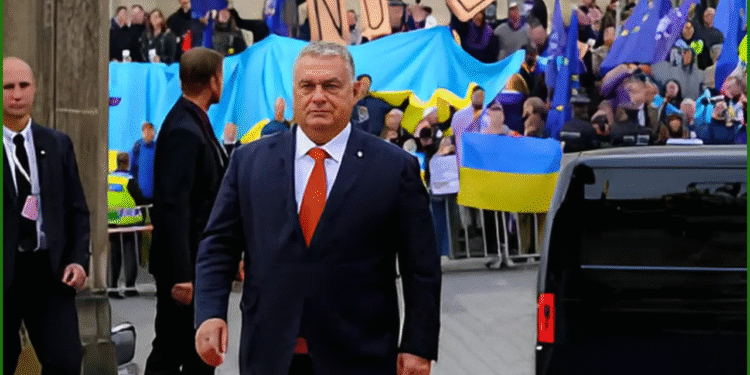Russian authorities have declared Amnesty International an “undesirable” organization, accusing the global human rights group of promoting anti-Russian narratives and supporting extremist activities. The announcement, made by the Russian Prosecutor General’s Office on Monday, signals a further tightening of restrictions on international organizations critical of the Kremlin.
Allegations and Implications
The Prosecutor’s Office alleged that Amnesty, operating from its London base, acts as a focal point for “Russophobic projects” backed by Western supporters of Ukraine. Russian officials claimed the organization has worked to isolate Russia politically and economically while funding groups and individuals labeled as “foreign agents” or extremists under Russian law.
The “undesirable” status prohibits Amnesty from conducting any activities in Russia. Sharing its reports or engaging with its work, even on social media, could lead to criminal charges for Russian citizens. Amnesty joins a list of 223 banned organizations, including Transparency International and independent media like Meduza.
Amnesty’s Global Legacy
Founded in 1961, Amnesty International is renowned for its independent investigations into human rights violations, from exposing war crimes to advocating for prisoners of conscience. Its efforts to combat torture and promote global human rights standards earned it the Nobel Peace Prize in 1977. The organization has recently reported on conflicts in Ukraine, Gaza, Sudan, and beyond.
Broader Context of Repression
The move is part of a wider crackdown on civil society in Russia, which has accelerated since the onset of the Ukraine conflict in 2022. The Kremlin’s use of “foreign agent” and “undesirable” labels has effectively dismantled independent media and restricted advocacy groups, amid strained relations with the West over sanctions and NATO’s expansion.
Diplomatic Developments
The designation coincides with diplomatic efforts to address the Ukraine war. On Monday, US President Donald Trump planned separate calls with Russian President Vladimir Putin and Ukrainian President Volodymyr Zelenskyy. These followed talks in Istanbul, where Russian and Ukrainian delegations agreed to a major prisoner swap but failed to resolve core disputes, including Russia’s demand for Ukrainian withdrawal from contested territories.
Looking Ahead
By targeting Amnesty International, Russia reinforces its campaign to suppress dissent and limit external scrutiny. The decision raises urgent questions about the future of human rights advocacy in the country and its impact on global efforts to promote accountability.

















































